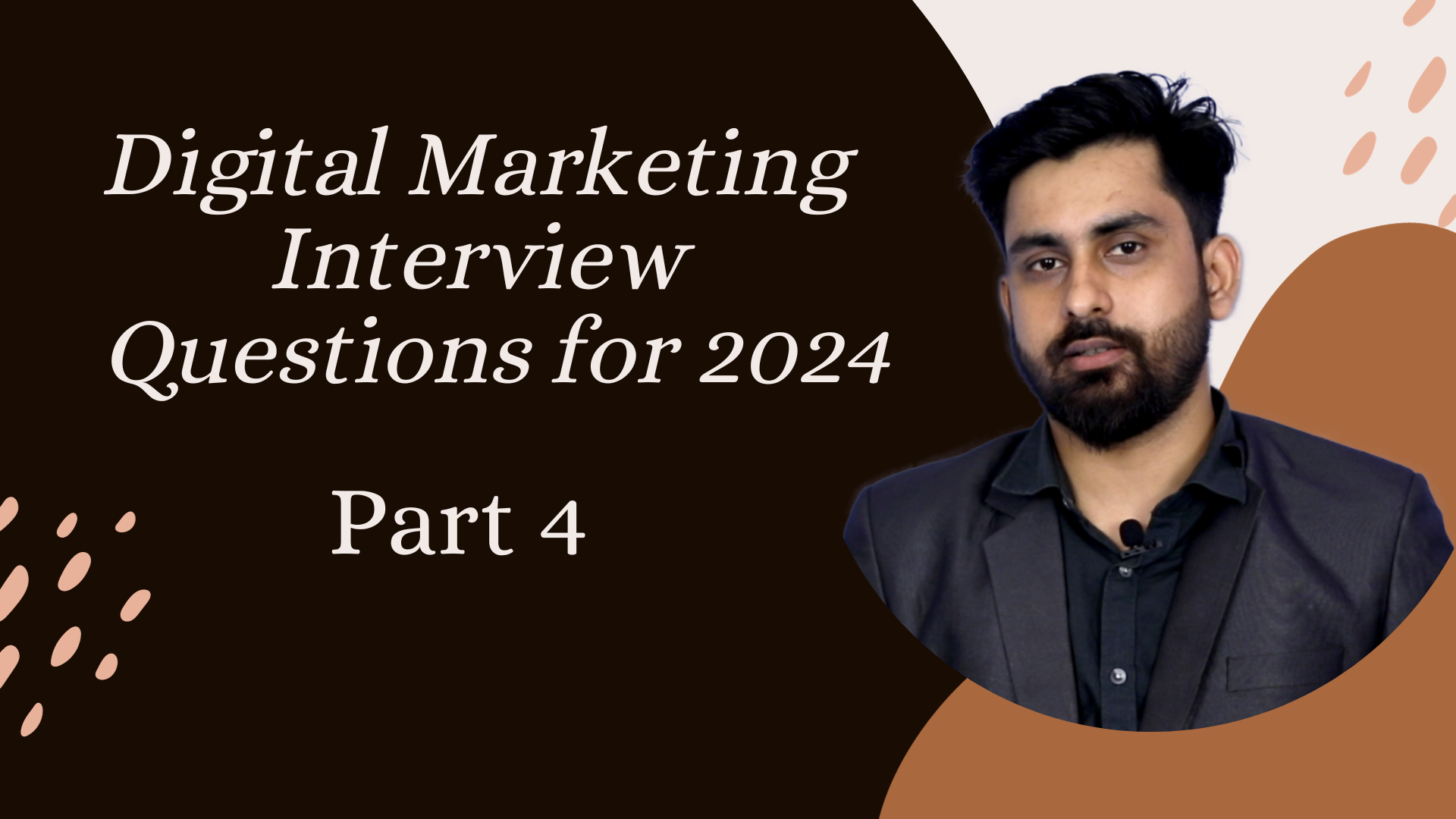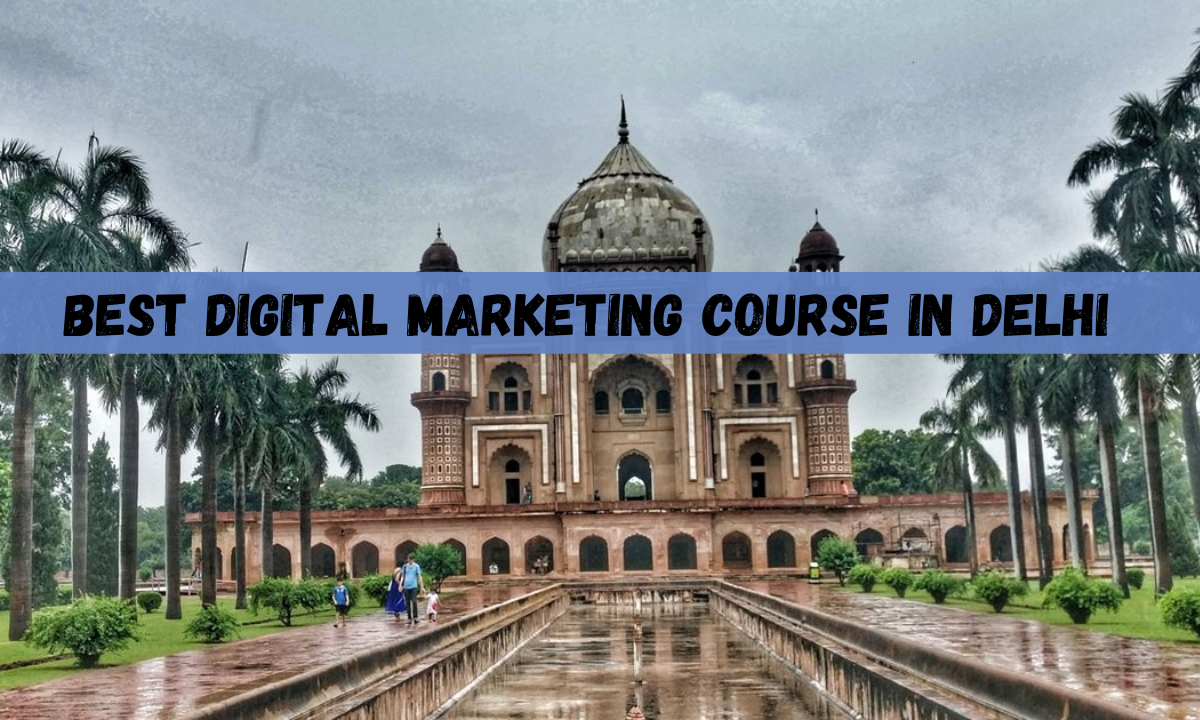In today’s digital age, businesses of all sizes need a strong online presence to thrive. Digital marketing has become a great medium to promote products, engage customers, and generate growth. Whether you’re an aspiring marketer or a business owner, this beginner’s guide will help you understand the core concepts of digital marketing and how to get started.
What is Digital Marketing?
Digital marketing is the practice of promoting products or services using digital platforms and channels. Unlike traditional marketing, it leverages the internet, social media, email, and search engines to connect with potential customers. Digital marketing is a platform that enables businesses to aim at specific targets, fulfil any promotional demands, as well as improve their campaign results by keeping the customer experience at the heart of the concept.
The Key Components of Digital Marketing
1. Search Engine Optimization (SEO)
SEO is the process of optimizing where you can rank your website on search engine results pages (SERPs). This involves using keywords, creating quality content, and improving website structure to increase visibility and organic traffic.
2. Pay-Per-Click Advertising (PPC)
PPC allows businesses to operate ads on different social media paid platforms such as Facebook, Instagram, Google ads only when users click on them. To make the process of being found by a larger audience easy for you Google ads and Facebook ads are the best possible tools you can use.
3. Social Media Marketing (SMM)
Social media platforms such as Facebook, Instagram, Twitter, and LinkedIn are powerful tools for engaging with the target audience. By means of sharing posts, ads, and direct conversation with the customer’s social media marketing becomes the driving force to create brand awareness and loyalty.
4. Email Marketing
Email marketing remains one of the most powerful methods to get in touch with your target audience. Through personalized emails, businesses utilize this tool, to lead nurturing, offer promotion, and customer retention.
5. Content Marketing
This strategy requires developing valuable and relevant content to attract and engage your target audience. Blog posts, videos, infographics, and podcasts are examples of content that can be effectively used to portray leadership, and loyalty to customers.
6. Influencer Marketing
Collaborating with influencers who enjoy a large following in your particular field is a great way to acquire more visibility for your brand. Influencers can promote your products or services through posts, reviews, and collaborations.
Why Digital Marketing Matters?
With more people online than ever, digital marketing has become crucial for businesses to reach and engage their audiences. Some of the benefits include:
- Cost-Effective: Reach a wider audience for less cost than traditional methods.
- Measurable Results: Track campaign performance in real-time.
- Targeted Reach: Focus on specific audiences based on demographics, interests, and behaviors.
The Importance of Analytics in Digital Marketing
One of the top advantages of digital marketing is the power to measure and analyze results in real time. Tools like Google Analytics, Facebook Insights, and SEMrush will help you to track website traffic, conversions, and user engagement. This data is critical for refining strategies and improving performance of websites.
Building Your Digital Marketing Strategy
1. Develop a Content Plan
Content is king in digital marketing. Create a content calendar that outlines your posting schedule, topics, and platforms and make consistency to engage your audience.
2. Leverage Automation Tools
Automation tools like HubSpot, Mailchimp, and Hootsuite help streamline tasks like email campaigns, social media posting, and lead nurturing. With these features you can focus on your own strategy while maximizing efficiency.
.
3. Experiment with A/B Testing
Digital marketing is all about testing and optimising. A/B testing allows you to compare two versions of a campaign to see which one performs better. Experiment with different headlines, images, and CTAs to find the most effective combination.
Common Mistakes to Avoid in Digital Marketing
1. Not Defining Clear Goals
Without specific goals, you won’t be able to understand if your digital marketing efforts are successful. Make sure your goals are measurable, achievable, and time-bound.
2. Ignoring Mobile Optimization
The first and most immediate impact of ignoring mobile optimization is a significant loss in website traffic. All website traffic is coming from mobile devices, a non-optimized website is essentially turning away potential customers.
3. Inconsistent Posting
Consistency is key when it comes to content marketing and social media. Posting on a regular basis can help your audience engage and improve your chances of being noticed.
Learning and Growing as a Digital Marketer
In today’s era, digital marketing is an ever-evolving field rather than traditional marketing. You can continuously educate yourself on digital marketing skills to stay relevant on industry trends, algorithms, and tools. Follow blogs, attend webinars, and network with professionals to enhance your knowledge and skills.
Conclusion
Digital marketing offers endless opportunities for businesses to grow and to connect with their target audience. By mastering the basics of SEO, social media, PPC, and content marketing, you can build a strong online presence and achieve your goals. Start small, stay consistent, and never stop learning. Success in digital marketing takes time and effort, but the results are well worth it.










